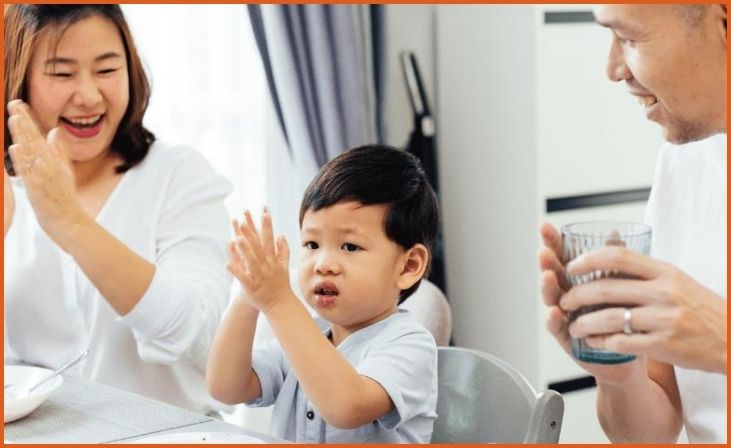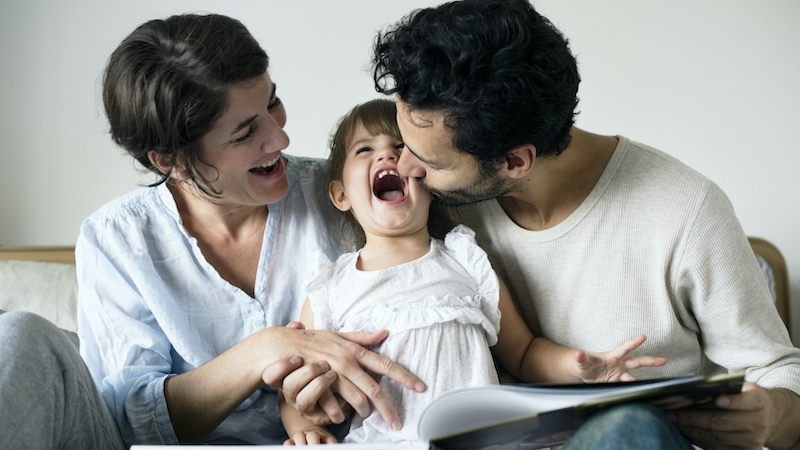Raising happy children is a goal for many parents, and certain parenting practices can make a significant difference in a child’s overall well-being. Parents of happy kids often adopt specific behaviors and approaches that contribute to their children’s joy and emotional health. Here are ten things they do differently:
Prioritize Connection

Parents of happy kids make it a priority to connect deeply with their children. They spend quality time together, engage in meaningful conversations, and actively listen to their children’s thoughts and feelings. This strong connection helps children feel valued, loved, and supported, contributing to their happiness.
Model Positive Behavior
These parents understand the power of leading by example. They demonstrate kindness, empathy, resilience, and optimism in their actions and interactions, providing a model for their children to follow. By showing positive behavior, they help their children develop the same traits, which contribute to a more positive outlook on life.
Encourage Independence
Parents of happy kids empower their children to make decisions, take on responsibilities, and solve problems on their own. By encouraging independence, they help their children build confidence and resilience, which are key factors in long-term happiness.
Provide Unconditional Love
No matter what challenges their children face, these parents offer unwavering love and acceptance. They support their children through successes and failures alike, ensuring that their love is not conditional on performance or achievement. This unconditional love gives children a secure foundation from which to explore the world.
Foster a Positive Environment

Creating a positive and nurturing home environment is a priority for parents of happy kids. Their homes are filled with warmth, encouragement, and affirmation, providing a safe space where children feel comfortable expressing themselves. This supportive environment fosters a sense of security and happiness.
Embrace Mistakes as Learning Opportunities
Rather than criticizing their children for mistakes, these parents view setbacks as valuable learning experiences. They help their children see mistakes as opportunities for growth and personal development, which encourages a growth mindset and reduces fear of failure.
Promote Physical Health
Physical health is a key component of overall happiness, and these parents ensure their children are well-cared for in this regard. They provide nutritious meals, encourage regular exercise, and prioritize adequate sleep, helping their children maintain both physical and emotional well-being.
Cultivate Gratitude and Mindfulness
Parents of happy kids teach their children to appreciate the small things in life and to be mindful of the present moment. By cultivating gratitude and mindfulness, they help their children develop a positive outlook and find joy in everyday experiences, contributing to overall happiness.
Set Clear Boundaries
Setting clear and consistent boundaries is another important practice. These parents establish age-appropriate rules and guidelines, providing structure and guidance for their children’s behavior. Clear boundaries help children feel secure and understand expectations, which contributes to a sense of stability and happiness.
Celebrate Individuality

Parents of happy kids embrace and celebrate their children’s unique interests, strengths, and talents. They encourage self-expression and help their children develop a strong sense of identity. By honoring their individuality, these parents nurture their children’s self-esteem and happiness, helping them feel confident in who they are.



